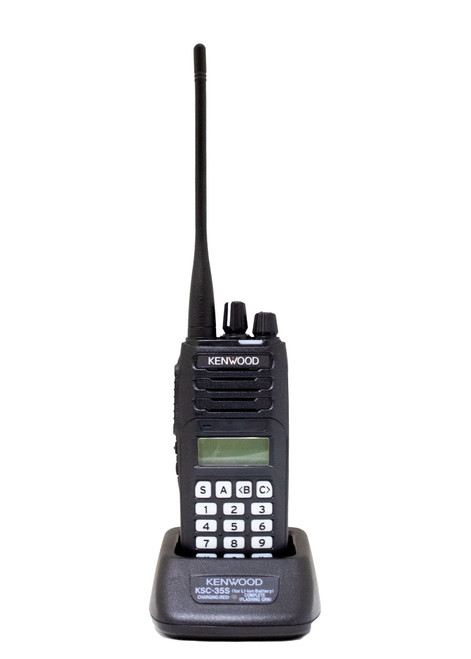In our modern world, radio waves have become an integral part of our daily lives. From wireless communication to broadcasting, these invisible waves surround us constantly. However, there has been ongoing debate and concern about the potential effects of radio waves on human health. In this article, we will delve into the science behind radio waves and explore their impact on people.
- Understanding Radio Waves:
Radio waves are a type of electromagnetic radiation with long wavelengths and low frequencies. They are used for various purposes, including radio and television broadcasting, mobile communication, and Wi-Fi networks. These waves are generated by antennas and travel through the air, carrying information from one point to another. - Radio Waves and Human Exposure:
Humans are exposed to radio waves from various sources, such as cell phones, Wi-Fi routers, and radio towers. The level of exposure depends on factors like proximity to the source, duration of exposure, and the power of the transmitting device. It is important to note that radio waves are non-ionizing radiation, meaning they do not have enough energy to remove electrons from atoms or molecules. - Health Effects of Radio Waves:
Extensive research has been conducted to determine the potential health effects of radio waves. The overall consensus among scientific studies is that radio waves, when emitted within the safety limits set by regulatory bodies, do not pose a significant risk to human health. The World Health Organization (WHO) states that there is no convincing evidence linking radio wave exposure to adverse health effects. - Thermal Effects:
One of the primary concerns regarding radio waves is their ability to generate heat in human tissues. This is known as the thermal effect. However, the power levels required to cause significant heating are much higher than those typically encountered in everyday exposure. Regulatory standards ensure that devices emitting radio waves comply with safety limits to prevent excessive heating. - Non-Thermal Effects:
Apart from the thermal effect, there have been claims of non-thermal effects of radio waves on human health. These include concerns about sleep disturbances, cognitive function, and the development of certain diseases. However, the scientific evidence supporting these claims is limited and inconclusive. Numerous studies have failed to establish a causal relationship between radio wave exposure and these non-thermal effects.
Conclusion:
In conclusion, radio waves are an essential part of modern communication systems. Extensive research has been conducted to assess their impact on human health. The current scientific consensus suggests that radio waves, when emitted within regulatory limits, do not pose a significant risk to human health. It is important to stay informed about the latest research findings and follow safety guidelines to minimize any potential risks associated with radio wave exposure.



